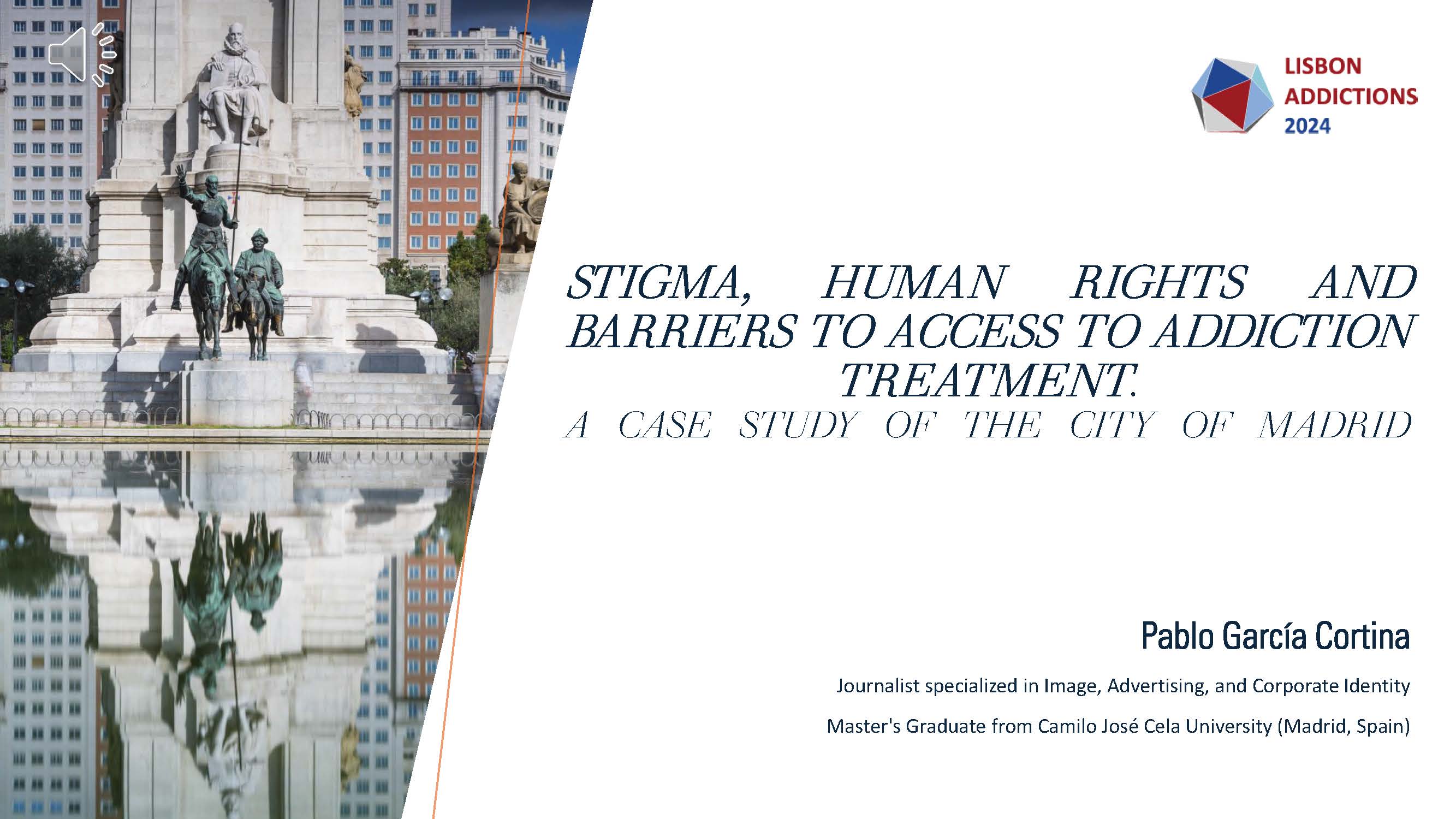Resum
Background: This study examines the barriers to accessing addiction treatment in Madrid, analyzing municipal, regional, national, and international laws and treaties. It focuses on the standards for addiction treatment within Madrid's municipal addiction network, emphasizing the need for accessible treatment, especially after relapses or treatment gaps. The study underscores the importance of continuous, unobstructed access to treatment as a human right. Methods: The research methodology involves a detailed analysis of international standards for addiction treatment, established by collaborations between the World Health Organization and the United Nations. It also scrutinizes Law 5/2002 on Drug Dependence and Other Addictive Disorders in the Community of Madrid, particularly its provisions for home-based care. The study evaluates the guiding principles of Madrid Salud's Addiction Plan, which include ethical commitment, an integral approach, universality, equity, identity diversity perspective, and stigma reduction and incorporates real cases based on my own experience. Results: It is observed that current policies may not meet quality standards and human rights. Stigma and discrimination are identified as significant barriers, and it is noted that policies requiring physical presence to obtain appointments create additional obstacles. Furthermore, the lack of implementation of measures such as home care assistance and the need for a more humane and person-centered approach are discussed.
Conclusions: The study concludes that the denial of healthcare and appropriate treatment contravenes medical ethics and international law, particularly the right to health. It advocates for lifelong access to medical and psychosocial interventions for drug dependence, treating it as a chronic, recurrent disorder. The study suggests re-evaluating the role of relapse in treatment re-entry and views relapses as an integral part of the rehabilitation process. It emphasizes the need for addiction treatment services to adhere to human rights principles and quality standards.






